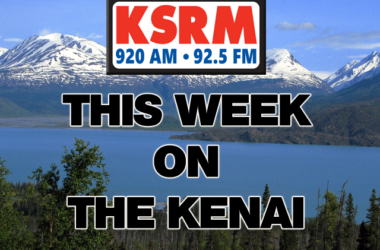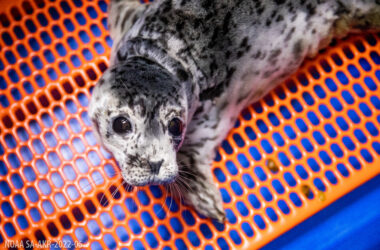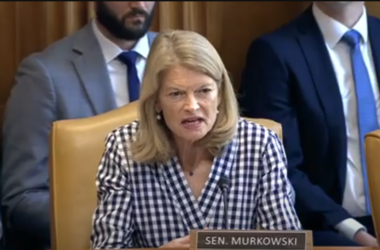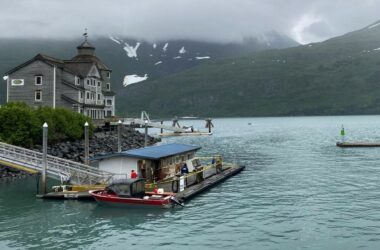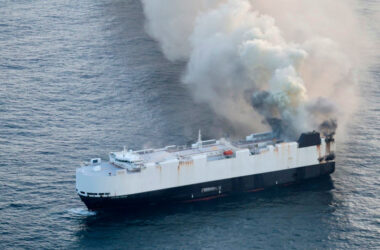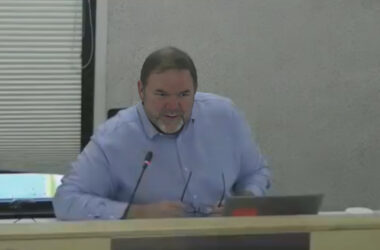State House District 7 opponents Justin Ruffridge (incumbent) and challenger Ron Gillham participated in the Candidate Forum Series at the Soldotna Public Library on Monday, Oct. 14. They answered questions regarding their positions on a wide range of topics, from state finance and education funding to state energy production and more.
On state finance, Ruffridge cited his role in creating a balanced budget, compared to Gillham, who voted against a balanced budget when he was the District 7 representative. Gillham said finance was not his strongest area or biggest legislative priority, and he preferred to rely on the expertise of those around him.
“I think we need to prioritize a fiscal plan that’s something that the House,” said Rep. Ruffridge. “One of our party planks, it’s #7, talks about a balanced budget. And we did pass a balanced budget for fiscal year 25. That is not a budget that I think anybody would look at and say everybody got what they wanted. But one of the things I wanted to highlight was my opponent, when given the chance to vote on the budget in 2022, actually voted and wanted to vote for concurrence on a budget that was not balanced, which is directly in opposition to our party planks.”
“Finance, unfortunately, is not my top priority, and that’s why I put people around me that are more involved in that,” said Gillham. “When I was in, you know, Ben Carpenter was there, and we worked a lot together. So, having people around you will help you out, and like I said, that is not my thing, the finances, so I have to work and depend on others that know more about that.”
Regarding the proposed LNG pipeline from the North Slope, Gillham said he supported importing natural gas or building the pipeline, which was the more fiscally prudent option. Rep. Ruffridge staunchly supported the pipeline’s construction, pointing to its importance to Southcentral Alaska gas refinement.
“I would rather use our own, but if it is financially better to import until the pipeline is built, then we need to do that,” said Gillham.”When you start getting government involved, you know they really have no idea at the end cost. So, I know people say, well, you know what, if they cut us off, it’s a business deal. Once they work the deal, then whoever we’re buying gas from is going to stick with it, and they’re not going to cut us off. So, you know, like I said, it’s kind of a hard thing to decide whether you want to import or whether you want to put the pipeline in.”
“I think there’s a couple of reasons why we should do that and and really not incentivize liquid natural gas importation at all. One is right here in South Central Alaska, and that is our Marathon refinery, which runs off of natural gas and needs natural gas to operate and it is the supplier of jet fuel to Elmendorf Air Force Base,” said Ruffridge. “We do not want to import natural gas from a foreign country and be reliant on that foreign country for our own defense. So, the building of a pipeline and the incentive is incentivizing cooking that natural gas production is actually good for American safety.”
Stay up with the full candidate forum series by following the forum schedule at radiokenai.com.
You can rewatch or listen to the full Ruffridge-Gillham forum on the Peninsula Clarion Facebook page.

